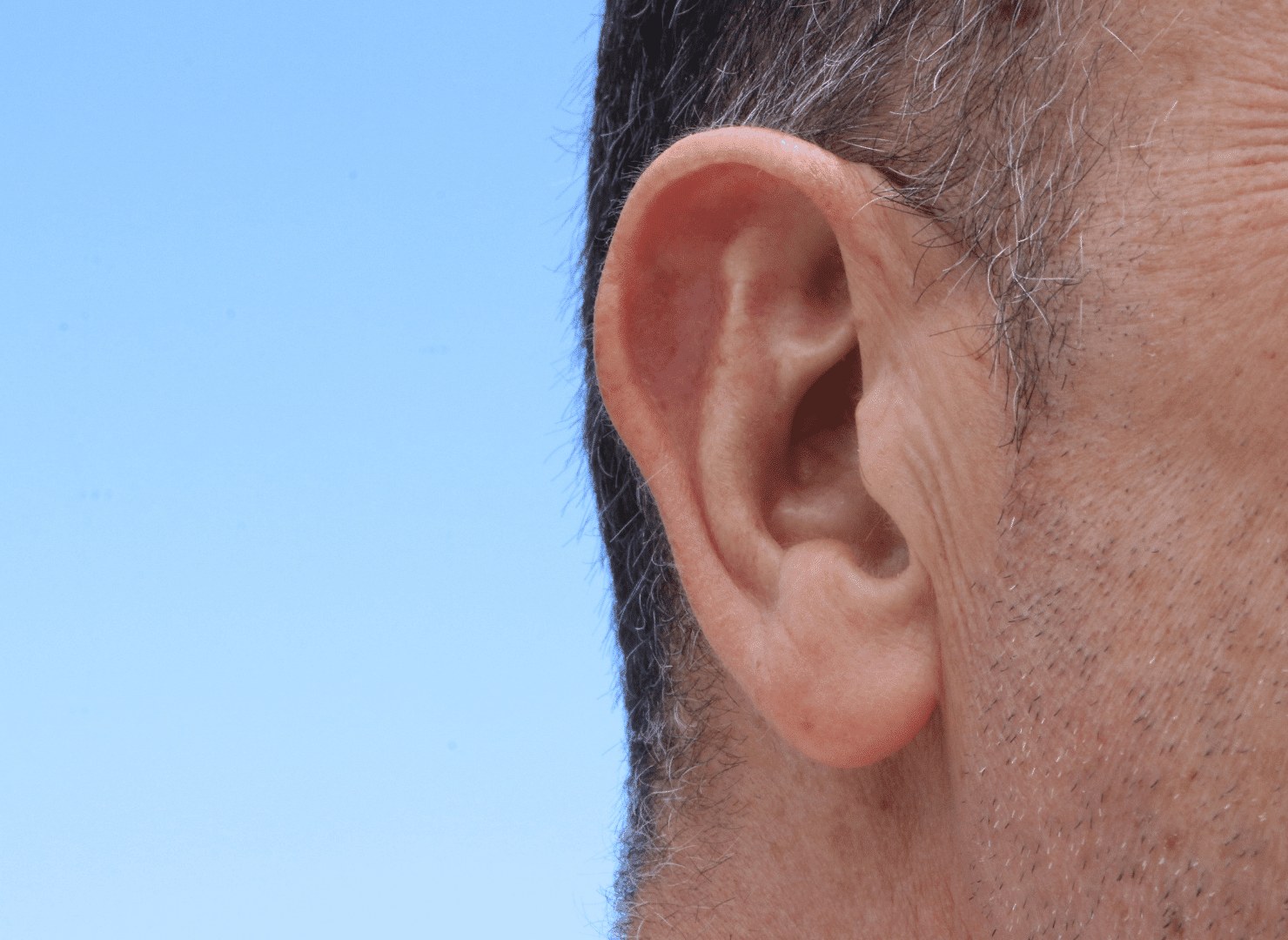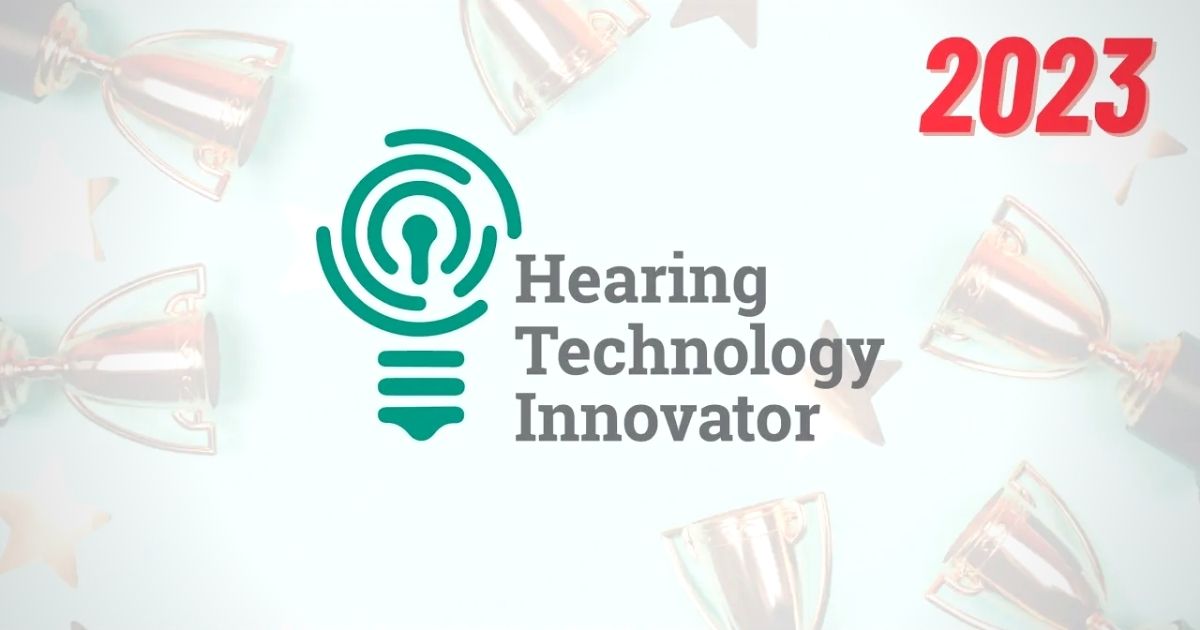
A person with normal hearing doesn’t think for a second when walking from a crowded city street into a quiet office. Their ears automatically adjust to the change in sound level.
Those with
hearing aids, however, must constantly adjust their devices to match the current sound situation. Yet that issue is changing because of a patent in 1997 that led to several versions of advanced
hearing technology called automatic adaptation.
Acoustic Adaptation in Hearing Aids: Making for an Easier Transition
Wolfram Meyer of Moehrendorf, Germany, patented a type of hearing aid technology that allowed automatic adaptation for wearers going between different listening environments.
The hearing aid included data memories that stored audiometric data, hearing aid characteristics and algorithms. Together, these data memories automatically adjusted the input characteristics of the wearers' current auditory situation.
Algorithms for Hearing Aids with Auto Adaption: The Start of Something Exiting
In 2004, the
Journal of the Acoustical Society of America published a study that also proposed an algorithm for hearing aids with automatic adaptation.
The algorithm does several things for the hearing aid user, including adapting slowly (about 10 seconds) between different listening environments, yet quickly (about 100 milliseconds) between sounds within one listening environment. It also reduces the gain for very loud transient sounds then quickly switches back and maintains the gain level during periods of silence.
A Fashion Statement for Tech and Hearing Aids
Several notable manufacturers have caught on. Phonak offers their SoundFlow feature as an automatic adaptation system for hearing aids.
SoundFlow also provides other features, such as noise cancellation for unwanted background noise using
directional microphones. Oticon markets its Adaptation Manager for first-time hearing aid users, who may experience frustration and confusion when learning to adjust their devices for the transition between loud and quiet environments.
According to Donald Hayes, Ph.D., of Unitron, which offers the Automatic Adaptation Manager feature for their Quantum and Moxi products, automatic adaptation allows “hearing healthcare providers add value to their fittings while improving early client satisfaction with their hearing instrument.”
All of
Audicus' hearing aids now come with automatic adaptation.
by Estie Neff
 A person with normal hearing doesn’t think for a second when walking from a crowded city street into a quiet office. Their ears automatically adjust to the change in sound level.
Those with hearing aids, however, must constantly adjust their devices to match the current sound situation. Yet that issue is changing because of a patent in 1997 that led to several versions of advanced hearing technology called automatic adaptation.
A person with normal hearing doesn’t think for a second when walking from a crowded city street into a quiet office. Their ears automatically adjust to the change in sound level.
Those with hearing aids, however, must constantly adjust their devices to match the current sound situation. Yet that issue is changing because of a patent in 1997 that led to several versions of advanced hearing technology called automatic adaptation.
 A person with normal hearing doesn’t think for a second when walking from a crowded city street into a quiet office. Their ears automatically adjust to the change in sound level.
Those with hearing aids, however, must constantly adjust their devices to match the current sound situation. Yet that issue is changing because of a patent in 1997 that led to several versions of advanced hearing technology called automatic adaptation.
A person with normal hearing doesn’t think for a second when walking from a crowded city street into a quiet office. Their ears automatically adjust to the change in sound level.
Those with hearing aids, however, must constantly adjust their devices to match the current sound situation. Yet that issue is changing because of a patent in 1997 that led to several versions of advanced hearing technology called automatic adaptation.




